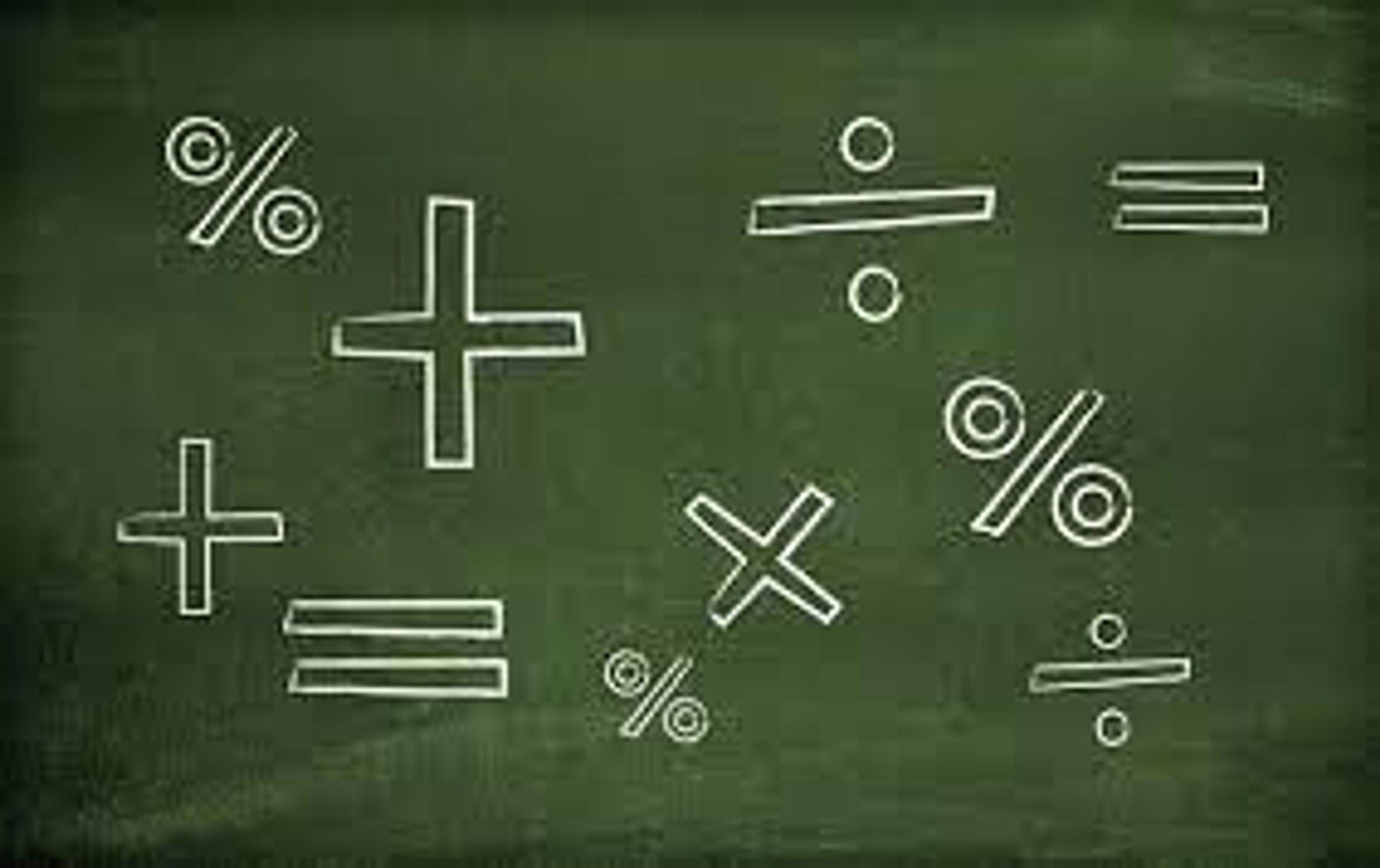Maths-"If only I had known"

Messages for students who would like to learn mathematics to high levels.
Jo Boaler, Stanford University Cofounder: youcubed.org, Struggly.com
“If only I had known”. Messages for students who would like to learn mathematics to high levels. Jo Boaler, Stanford University Cofounder: youcubed.org, Struggly.com “If only I had known” are words that my students share with me every time I teach a Stanford Undergraduate class called ‘How to Learn Math.’ Their reflections at the end of class are powerful, with many of the students writing that they finally believed that they could belong in STEM. Later many students contact me to tell me the new knowledge helped them take multiple advanced math classes at Stanford. Sometimes the students organize presentations to other undergraduates at Stanford, as they become passionate about sharing the research widely. This year my students’ urged me to write this letter, to other students learning mathematics. I thought that was a lovely idea as so many students give up on maths because of damaging beliefs they have developed, that we can change for them, setting them on a path to high achievement and the love of maths!
Stanford Undergraduate
“Speed, accuracy, talent, intelligence. If you’d asked me ten weeks ago the qualities that I thought were important to be successful in mathematics, these are the words I would’ve given. My definition of what defines a mathematician is now changing. Ten weeks spent discovering “How to Learn Mathematics” has reformed my view of the math education system and helped me understand why it is that so many students, like myself, develop the notion so early on that they simply aren’t fit for the discipline.” - Riley Carolan, Class of 2026
Struggling is really important!
The most important time for your brain is when you are struggling and finding ideas difficult. Your brain is like a muscle – when you challenge your brain it is like working out in the gym. Some students – often the highest achieving – believe that struggle is a sign of weakness. This is very far from the truth. We know that the most successful people in the world are those who react positively in times of struggle. Celebrate mistakes, they are a time when your brain is struggling and growing!
There is no such thing as a math brain!
No one is born with or without a “maths brain” and success in maths is not due to “talent” or “gifts”, it is due to hard work. We all build or strengthen mathematical pathways when we work on maths problems.
2 The best way to build pathways is to work through questions, doing maths! If there is an area of maths you don’t feel good about, work through some questions and you will develop the pathways you need.
Maths is not just about rules!
Maths is not, as many people think, a subject made up of rules and methods. It is a conceptual subject made up of a few big, beautiful ideas and connections between them. Below I list some of my favorite books written by mathematicians, revealing the conceptual nature of maths. If you learn the ideas in your course or grade level, deeply, you will be a mathematician.
Approach maths in different ways!
We learn maths when we visualize, draw, build, write, talk about ideas, and move, as well as when we calculate, as maths is a multidimensional subject.4 If you want your whole brain to develop in the best way, experience maths in different ways.
Slow is good!
High maths achievement does not mean thinking quickly as maths is not about speed. Mathematicians are often very slow thinkers as they think slowly and deeply. They know that it is when you dive deeply into mathematical ideas you experience the beauty of maths.
Advocate for yourself!
Everyone should work on as high a level of maths as they are ready for – if you need to be in a different class at school, talk to teachers, and advocate for yourself. You should always keep high-level math as your goal, as we can all learn to the highest levels, and maths should be a part of everyone’s future.
Books & other resources
Want to learn more? This short online course develops the ideas further: www.youcubed.org/ online-student-course/
Visit: www.youcubed.org
A mathematician revealing the true nature of maths: Eugenia Cheng
Is Math Real?: How Simple Questions Lead Us to Mathematics’ Deepest Truths
A lovely book showing calculus as a conceptual subject and its meaning in the world: Steven Strogatz. Infinite Powers: How Calculus Reveals the Secrets of the Universe
A memoir of an AI leader growing up as an immigrant and developing an infectious love of science: Fei-Fei Li. The Worlds I see. Curiosity, Exploration, and Discovery at the Dawn of AI.
A short article published by the American Mathematical Society about the importance of Metacognitive Mathematics Strategies in Maths learning.
References
1. Boaler (2019). Limitless Mind. Learn, Lead and Live without Barriers. Harper Collins. www.struggly.com
2. Doidge, N. (2007). The brain that changes itself: Stories of personal triumph from the frontiers of brain science. Penguin.
3. www.youcubed.org/resources/tai-danae-bradley/
4. V. Menon, “Salience Network,” in Arthur W. Toga, ed., Brain Mapping: An Encyclopedic Reference, vol. 2 (London: Academic, 2015), 597–611.
5. Schirner, M., Deco, G., & Ritter, P. (2023). Learning how network structure shapes decision-making for bio-inspired computing. Nature Communications, 14(1), 2963
